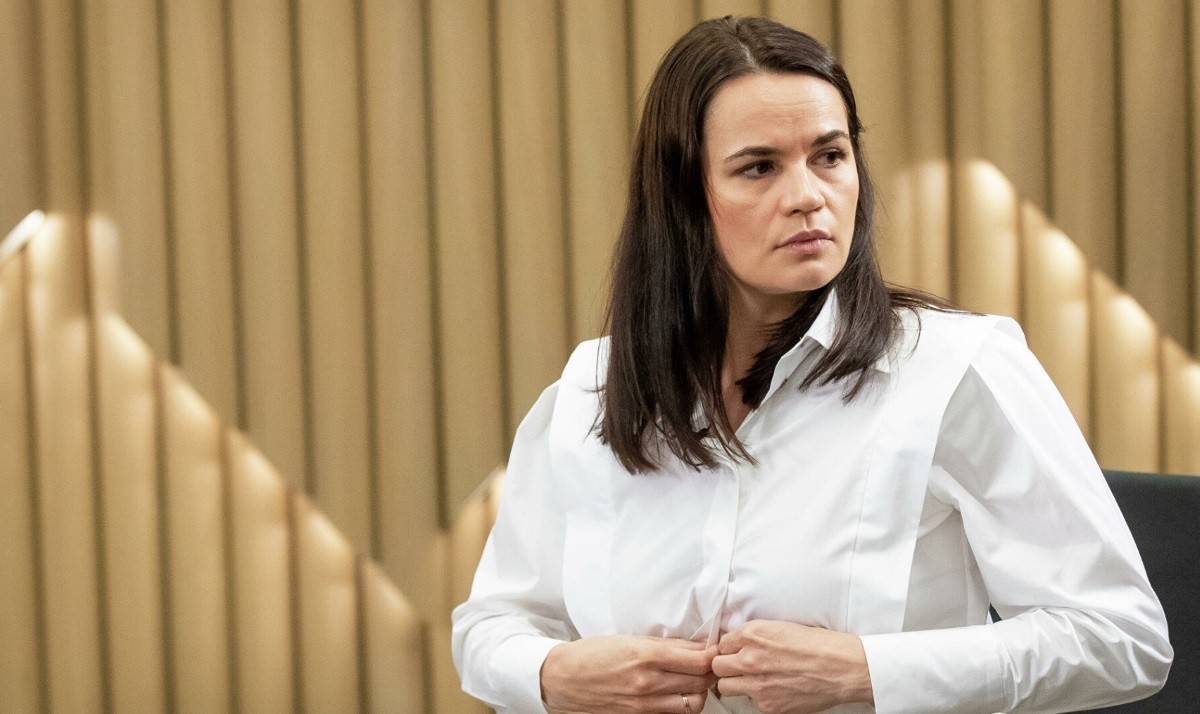The leader of the Belarusian opposition, Svetlana Tikhanovskaya, is ready to hold talks with the self-proclaimed President of Belarus, Alexander Lukashenko, without any preconditions.
This is stated in a statement by her office.
In particular, it is claimed that Tikhanovskaya is ready to meet not even with Lukashenko himself, but with his representatives.
But due to the lack of trust between the parties, the oppositionists believe that the OSCE can act as a platform for preliminary consultations and contacts.
“This allows us to include Russia in the process. It is Russia’s position that is the main obstacle to resolving the crisis in Belarus, “ Tikhanovskaya said unexpectedly.
At the same time, the OSCE will not be able to act as a guarantor of the party’s fulfillment of their obligations. In addition to the Russian Federation, the United States, France, Germany, Switzerland, Finland, or Sweden may be involved in the negotiations for this purpose.
However, neither Poland nor Lithuania, with which the Lukashenko regime is in acute conflict, can mediate the reconciliation of Belarusians.
Recall that at home, several criminal cases were opened against Tikhanovskaya — including an attempt to seize power and prepare a terrorist attack.
In this regard, Belarus demanded to extradite the politician from Lithuania but was decisively refused.
